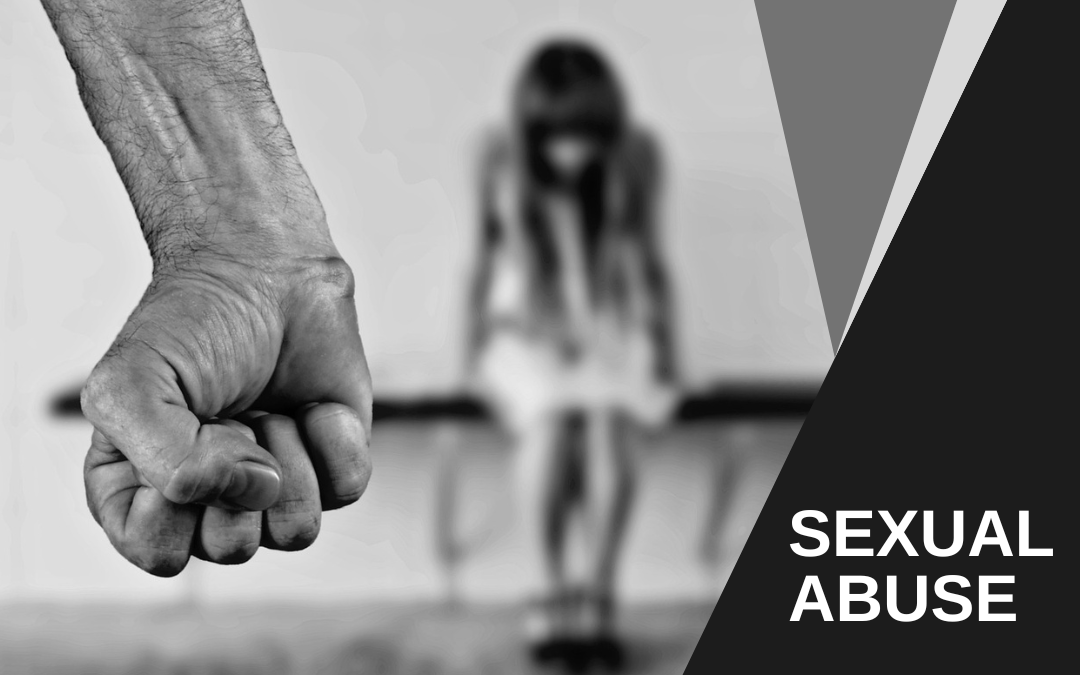
Frequently Asked Questions (FAQs) About Sexual Abuse
What is Sexual Abuse?
Victims of sexual abuse may experience physical, emotional, and psychological trauma. It’s important to note that sexual abuse can happen to individuals of any gender, age, or background. Consent is key in sexual interactions—without consent, the act is considered abuse.
If you or someone you know has been a victim of sexual abuse, there are legal and support resources available to help.
How Do I Know If I Have Experienced Sexual Abuse?
If you’ve experienced any form of sexual violation or feel uncomfortable with any sexual experience, it’s important to trust your feelings and seek support. Sexual abuse isn’t limited to physical acts; emotional manipulation or coercion can also be considered abuse.
Support organizations and professionals are available to help you navigate the aftermath and provide guidance on next steps.
What Should I Do If I’ve Been Sexually Abused?
If you’ve been sexually abused, it’s crucial to prioritize your safety. If you’re in immediate danger, call 911. Afterward, consider seeking medical attention, even if you don’t have visible injuries. This ensures any evidence is preserved, which may be important if you decide to report the abuse.
You should also consider talking to someone you trust—whether it’s a friend, family member, or therapist. There are many hotlines and resources available, such as the National Sexual Assault Hotline (1-800-656-HOPE), that provide confidential support and guidance.
Lastly, filing a police report or seeking legal advice can be vital in pursuing justice and protecting yourself and others.
How Can I Report Sexual Abuse?
Additionally, many states have sexual assault hotlines and resources that can guide you through the reporting process. If you are unsure or hesitant, organizations like the National Sexual Assault Hotline (1-800-656-HOPE) provide confidential support and can assist you in navigating the reporting process.
Remember, there are also legal options such as filing a civil lawsuit, even if criminal charges are not pursued.
What Are the Legal Rights of Sexual Abuse Victims?
Victims also have the right to access support services, such as counseling or advocacy groups, which can help you understand your rights and options. In some cases, victims can receive compensation through criminal restitution or civil lawsuits.
Sexual abuse victims are protected by laws that ensure privacy, prevent retaliation, and safeguard their well-being during legal proceedings.
What is the Statute of Limitations for Sexual Abuse Claims?
Some states have extended or eliminated statutes of limitations for certain types of sexual abuse claims, especially in cases involving minors. It’s important to consult with a legal professional to understand your specific situation and state laws.
Even if the statute of limitations has passed, there may still be options available to seek justice.
Can Sexual Abuse Victims Receive Compensation?
If the offender is convicted in a criminal case, the victim may be eligible for restitution, which is a payment made by the offender to cover costs related to the abuse, such as medical expenses or therapy.
It’s advisable to consult with an attorney experienced in sexual abuse cases to explore your options for seeking compensation.
What Are Some Common Psychological Effects of Sexual Abuse?
Victims may also experience feelings of shame, guilt, or isolation, and may struggle to trust others. These effects can manifest immediately or may not surface until years later. Healing from sexual abuse is a gradual process, and therapy or counseling can help victims process their trauma.
Support groups and mental health professionals are available to assist individuals in coping with the emotional aftermath of sexual abuse.
How Can I Support a Friend or Family Member Who’s a Victim of Sexual Abuse?
Respect their decisions and avoid pressuring them to take action before they are ready. Be patient and continue to offer emotional support as they navigate their healing process. It’s also helpful to help them connect with a sexual abuse hotline, where they can get confidential advice on how to proceed.
What Are Some Resources for Sexual Abuse Victims?
There are numerous resources available for victims of sexual abuse. Key organizations include:
- National Sexual Assault Hotline (1-800-656-HOPE)
- RAINN (Rape, Abuse & Incest National Network) provides support and information.
- The National Domestic Violence Hotline (1-800-799-SAFE) can offer guidance if the abuse involves a domestic relationship.
- Local shelters, counseling centers, and advocacy groups are also available to provide assistance, legal advice, and emotional support.
These organizations offer confidential services, and many can connect you to medical, legal, and emotional support networks in your area.
These articles are for general informational purposes only and are not legal advice. Contact us today to discuss your specific situation.
